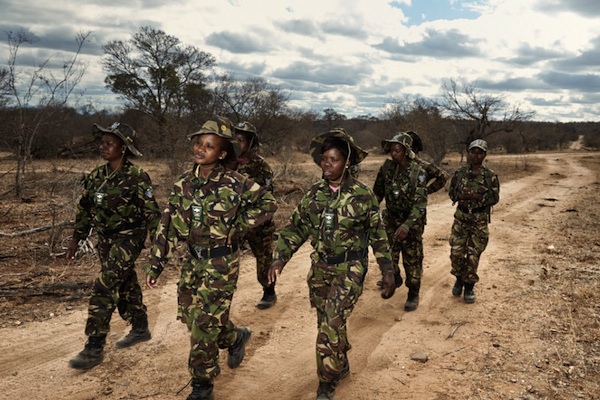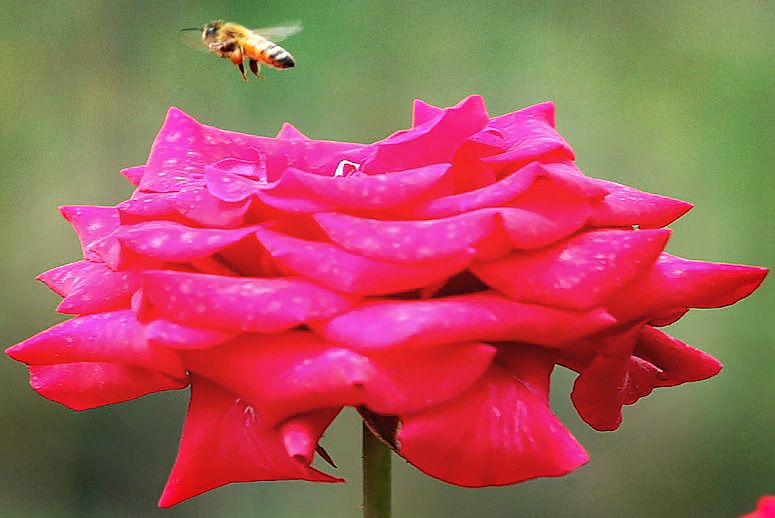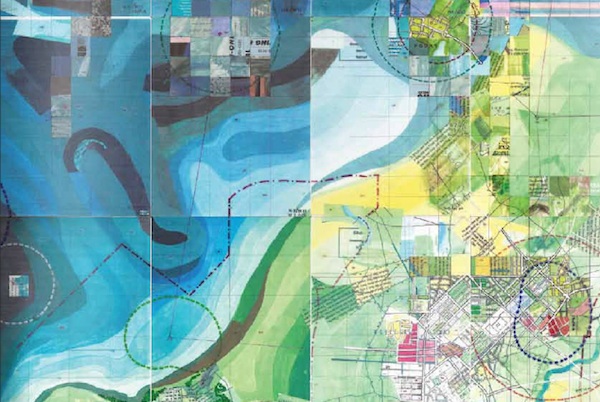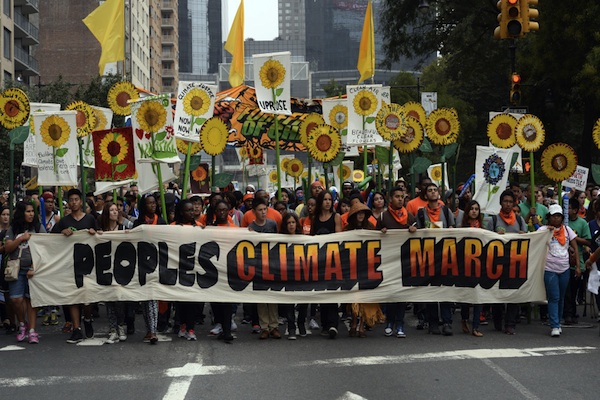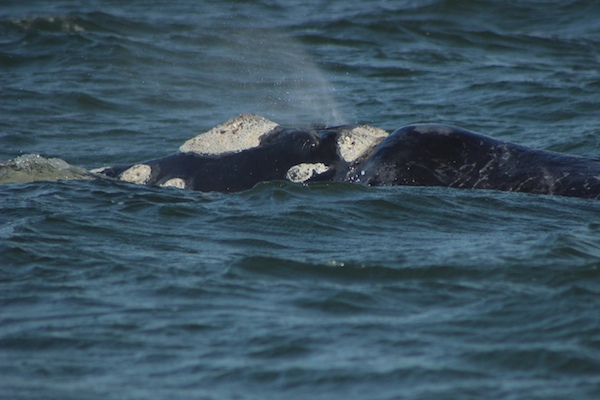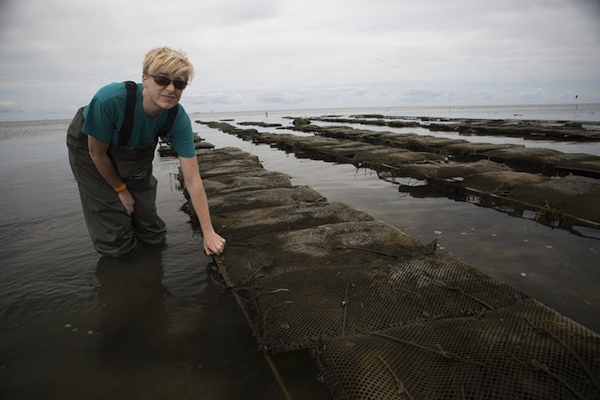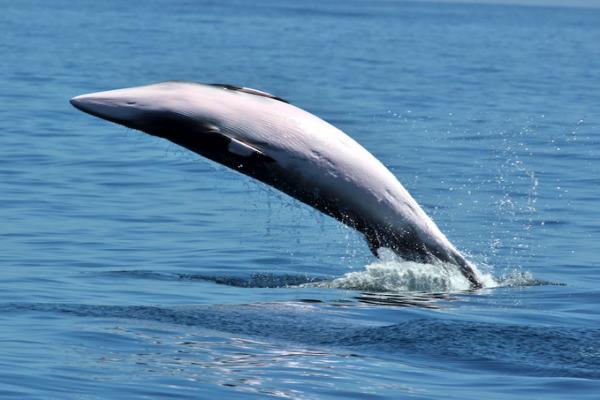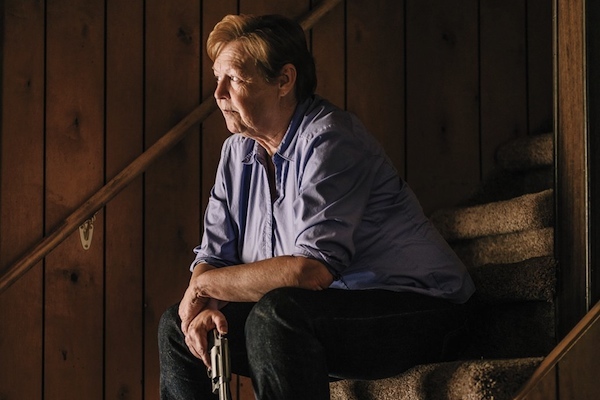Since it was first created in 2013, South Africa’s Black Mambas Anti-Poaching Unit has arrested six poachers, shut down five poacher camps, and reduced snaring (the practice of baiting and trapping animals) by 76% in the Balule Private Game Reserve. It will come as little surprise, therefore, that the 26-member ranger unit, comprised mainly of women, has been honored by the United Nations Environmental Program (UNEP) with its highest environmental prize — the Champions of the Earth Award.
Continue reading... →New research finds that as climate change increases ozone levels, pollinators will have a harder timing finding plants that feed them. A rose by any other name would smell just as sweet, but a rose after climate change may not smell much at all. That’s going to be a problem for the bees that pollinate a third of the world’s food supply, according to new research. Flowers and other plants rely on microscopic scent molecules to attract the bees and other pollinators that feed on them. Climate change is going to disrupt that process, mostly because of ground-level ozone, which is projected to increase over the coming decades. The research, published in the journal New Phytologist, found that flowers’ fragile scent molecules break down more quickly as they are exposed to greater levels of ozone. “Ozone is a highly reactive pollutant that enhances the degradation of all plant volatiles in general, reducing their lifetimes,” said the study’s lead author, Gerard Farré-Armengol of the Centre for Ecological Research and Forestry in Barcelona, Spain. Increasing ozone levels will make flowers less attractive to pollinators because the plants won’t maintain their scent for as long or over as great a distance, a change that […]
Continue reading... →516 ARTS in Albuquerque, NM, is organizing a collaborative season of public programming in the fall of 2015 that explores climate change through the arts to create a platform for education and dialogue. The public programs for HABITAT: Exploring Climate Change Through the Arts will include: a series of exhibitions at 516 ARTS; the popular Downtown Block Party; special events with guest speakers; film screenings; and youth programs. Climate change is an urgent issue of both global and local concern. The Southwest can be considered one of the most “climate-challenged” regions of North America, with rising annual temperature averages, declining water supplies, and reduced agricultural yields. In New Mexico we’ve already seen destabilized and unpredictable weather patterns, water sources going dry, forests not recovering from fire, loss of urban trees, and crop failures. Public programs for HABITAT strive to raise awareness about these issues by taking an innovative approach to engaging with social and environmental change, and by bringing the community together to focus on sustainability. 516 ARTS will present a series of speakers to address the issues around climate change from both the science and art perspectives. Speakers include renowned artist Mel Chin, who is currently working on a project about […]
Continue reading... →The great whales are indicators species that have a lot to say about marine and coastal biodiversity, according to Lisa Bassett, author and professor at the University of Oregon School of Communication and Journalism. Today, seven out of 13 species of great whales are listed as endangered or vulnerable because of commercial whaling (despite an international moratorium); ship strikes; oil and gas exploration; military sonar vessels; pollution; disease, and climate change,” Bassett reminds us. As a professor of journalism, Bassett knew that by documenting an environmental problem, you can become part of the solution. This was the concept behind a four-week study abroad program offered by the University of Oregon (OU), entitled Nature & Culture: Multimedia Storytelling in Uruguay. This astonishing and exciting program focuses on the environment, traditional cultures, sustainability and conservation. The flagship program occurred in 2013, when Bassett led a group of UO students to Uruguay to create a multimedia project entitled The Route of the Whale. The project explored the route from its beginning in the hillside town of Piriapolis to the Brazilian border at Chuy. The students investigated environmental issues and solutions to those issues, in marine biology, conservation and sustainability. They did their work both in the classroom and in […]
Continue reading... →What if building codes actually required new projects to enhance a certain number of ecosystem services — such as sequestering carbon, building topsoil, enhancing pollination, increasing biodiversity or purifying water and air? Is it possible that a city could be functionally indistinguishable from the wild landscape around it? And what if companies ultimately built factories that truly enhanced ecosystem services? These were the big questions that biologist and biomimicry expert Janine Benyus posed during her keynote presentation at the recent International Living Future Institute’s 2015 unConference in Seattle.
Continue reading... →Being an environmentalist doesn’t have to mean sacrificing dreams of having a family. In fact, as the five women on this list prove, being a mother can make us even more committed to keeping the planet clean and green. And while some environmentalists point to overpopulation as the leading cause of global warming, there’s more evidence showing that our mismanagement of resources is more to blame than the number of people on the planet.
Continue reading... →Despite an international court ruling against the hunt, Japan may be gearing up to resume whaling in the Southern Ocean later in the year. A Japan whaling official told reporters on Monday that his country has the right to hunt whales in the Southern Ocean during the coming Antarctic summer, despite an international court ruling against it and no clear permission from the International Whaling Commission.
Continue reading... →